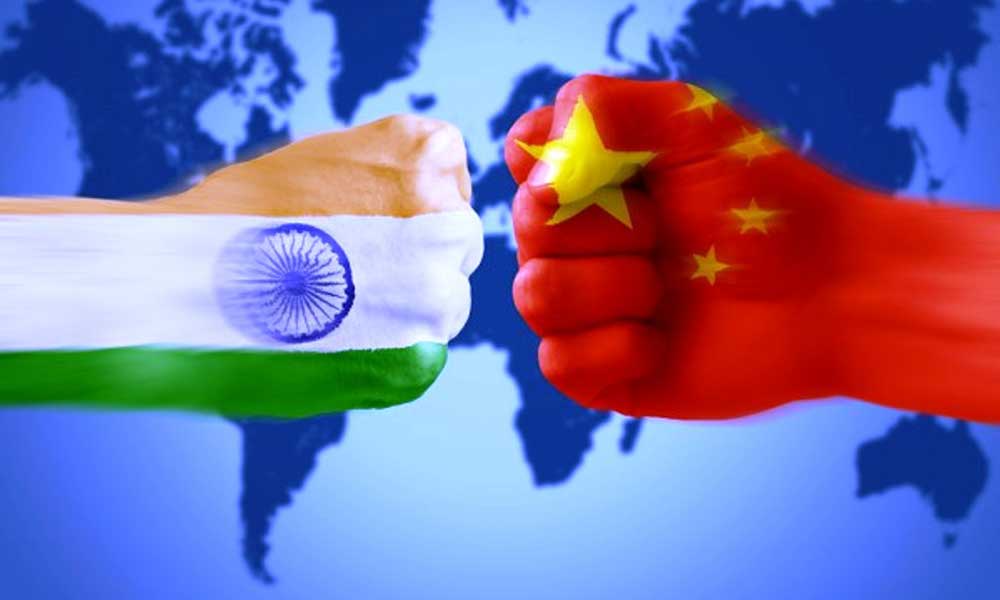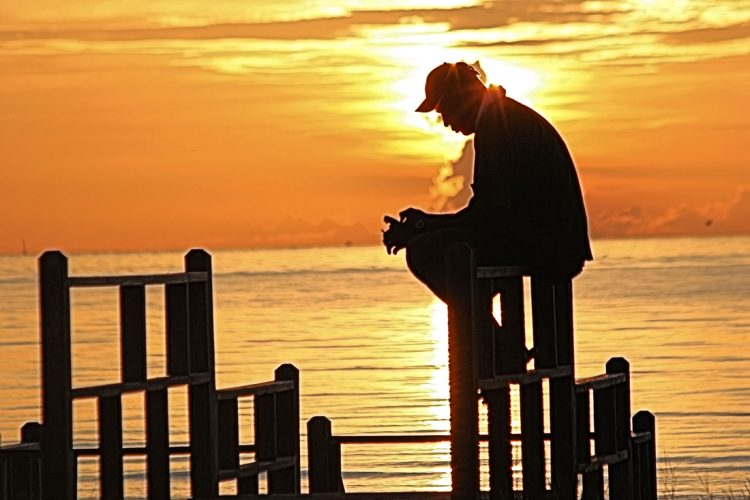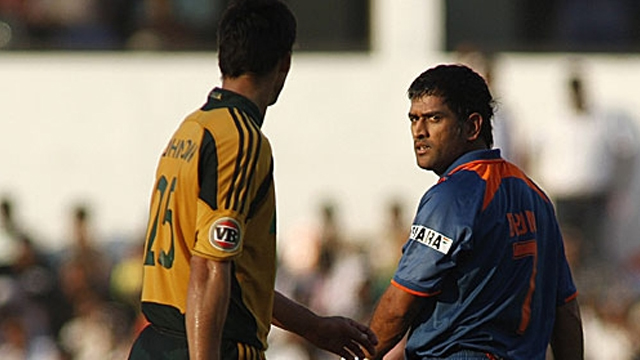What Chinese think about India – We all want to know what people from another country think about us.
Especially our neighbouring countries like Pakistan, Afghanistan and China.
Chinese have been talking about our country a lot and some of them have a lot of things to say about our country.
So, someone went on to Quora to ask what Chinese think about India and here are some of the answers:
What Chinese think about India !
A Chinese citizen, Pak Huide said :
“I am just going to be brutally honest. Most Chinese see ancient India as wealthy, powerful, and rich in philosophy.
Most Chinese see modern India as a shadow of that glory.
To elaborate:
MANY MANY great things have been said about India in China’s historical texts. The Journey to the West’s plot revolves around going to India to receive Buddhist scriptures. Bodhidharma is considered to be the founding figure of the Zen school of Buddhism in both China and Japan. Even Zheng He, on his voyages, remarked on the riches of India. In short, India is seen as a land of great wisdom.
But than they take a look at modern India, and become immediately disillusioned. Dirty streets, persistent caste mentality, reports of rape and people going around thinking speaking English is the sign of the cultured man. The sentiment is actually quite similar to the one Japan felt towards China in the modern age. Japan has always admired China for its wealth and sophistication, but ever since its fall to the Manchus and later to western industrial powers, that admiration faded away.
Ancient India is adored because of its wisdom and prestige. Modern India will have to regain that level of culture (very important) and prestige if it ever wants that adoration back.”
Sidney Wang said:
“Most of chinese know that Buddism come from India. It greatly changed Chinese philosophy. But what puzzled me most is that Buddhism disappeared in India. About Ashoka, It seems that I read it from a book. But I forgot what he did. India is a great nation. If I have time I would like to read the history and culture of India.”
Ashish Bhukani said:
“Since time immemorial, Chinese travellers have visited India as Buddhist pilgrims so their view is tilted/biased towards India’s Buddhist connection. Evidently, Fa-Hien in 5AD, Huen Tsang & I-tsing in 7AD have left a fairly detailed account of Buddhism in India and have claimed one of the rulers at that time viz; Harshavardhana was a Buddhist, however, by later discoveries of Harshavardhana epigraphs, it becomes clear he was a devotee of Shiva.
Theory 1: May be like most of the people in India, he was a multi-religious person and that might have confused the Chinese into believing he was a Buddhist or;
Theory2: Chinese wanted to proclaim Buddhism was a dominant religion of the noble class in India.
In any case, Chinese, on account of the history presented to them, believe Buddhism is a major force in India.
Chinese opinion of Ashoka:
The Buddhist literature is in Pali Language which was the language in Magadha kingdom of Ashoka. It is no doubt Ashoka’s personal religion was Buddhism and it is during his reign Buddhism became one of the leading religions of India albeit he never forced it on his subjects.
For all these reasons, The Chinese, like Indians, consider him as one of the greatest kings in the history of the world. Note: No single source can be pin-pointed just avid reading of world History over the years, however, open, if somebody came across other interpretations!”
This is what Chinese think about India !





